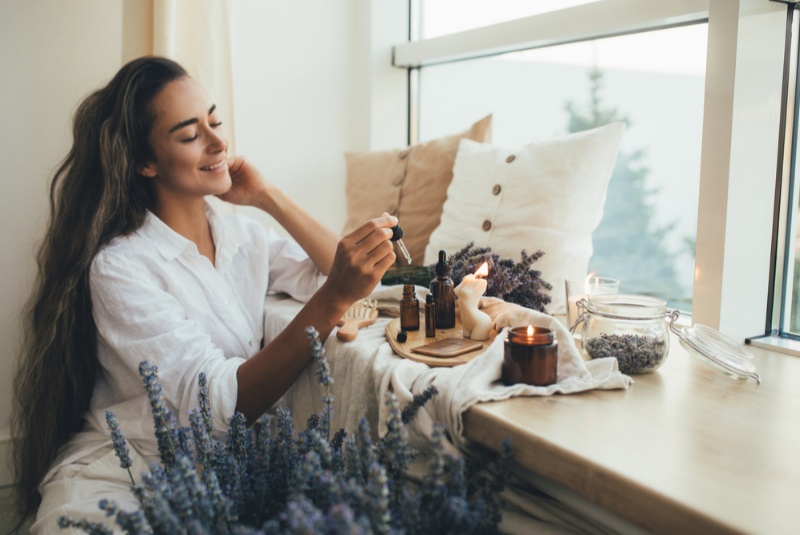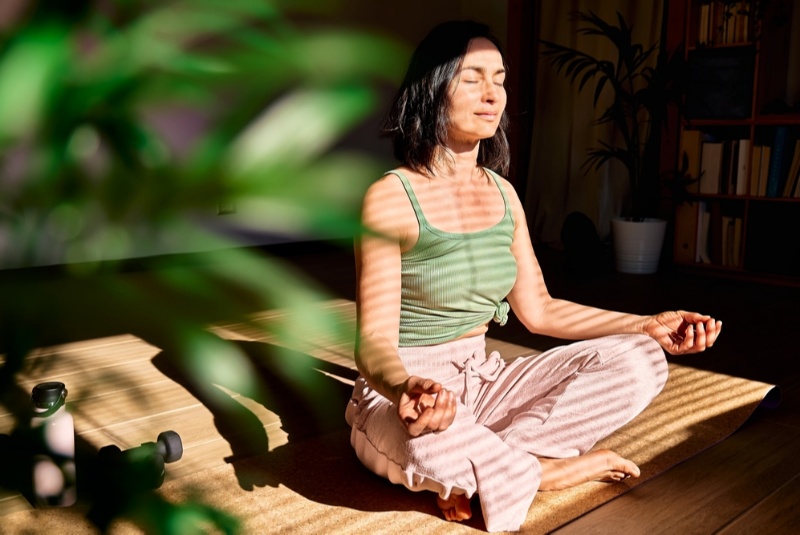The incessant pace of modern life, teeming with constant stimulation and stress, can often cause mental unrest. As we grapple with an overwhelming influx of information and responsibilities, finding tranquility has never been more crucial. Enter aromatherapy - an age-old practice that may hold the secret to calming the mind and restoring mental equilibrium.
Aromatherapy, originating from ancient cultures, employs aromatic essential oils medicinally to enhance the health of body, mind, and spirit. It isn't just about creating a pleasant-smelling environment; it's a holistic healing approach that can act as a powerful antidote to the stressors of everyday life.
Understanding the underlying science of aromatherapy illuminates its calming potential. Essential oils are complex, volatile compounds derived from plants, each containing hundreds of chemical constituents. When inhaled, these molecules interact with the olfactory system and trigger a neural response in the limbic system, the brain's emotional center. This response can regulate mood, inspire relaxation, reduce anxiety, and foster a general sense of well-being.
Among the pantheon of essential oils, certain ones have gained prominence for their calming qualities. Lavender, for example, has been scientifically validated for its soothing effects. Research has shown it can decrease heart rate and blood pressure, promoting relaxation and deep sleep. Another example is bergamot, a citrusy essential oil known to reduce cortisol levels and stimulate feelings of joy and energy.

Chamomile, too, has a storied history of use in calming nerves and promoting sleep. It's a gentle oil, ideal for those who are new to aromatherapy or have sensitive skin. The floral scent of Ylang Ylang, on the other hand, has been found to lower stress and anxiety levels, while simultaneously uplifting mood.
Employing aromatherapy as a tool for tranquility is simple. You can infuse your living space with essential oils using diffusers, adding a few drops to a warm bath, or even blending them with carrier oils for topical application. Importantly, always remember to choose high-quality, 100% pure essential oils and do a patch test before applying any new oil to your skin.
Another key aspect of aromatherapy lies in mindful inhalation. As you breathe in the aroma of the essential oils, take a moment to close your eyes and draw your focus inward. Notice how your body reacts, how your thoughts drift away, how your stress seems to melt into the background. This fusion of aromatherapy with mindfulness amplifies the calming effect, taking you further down the path to serenity.
Moreover, aromatherapy blends can synergize the calming effects of individual oils. Try mixing lavender with bergamot, or chamomile with ylang ylang for a supercharged tranquility booster. These concoctions can be tailored to your needs and preferences, creating a personalized therapy experience.
However, it's essential to understand that while aromatherapy can contribute to mental peace, it isn't a standalone solution for serious mental health issues. For conditions such as clinical depression, severe anxiety, and other psychiatric illnesses, professional medical help should be sought.
In a world where calmness is increasingly elusive, aromatherapy offers a natural, holistic, and accessible path to mental tranquility. By harnessing the power of nature's fragrances, we can unlock the secret to a calm mind, one breath at a time.
Aromatherapy transcends the simple delight of fragrances, offering a multifaceted approach to calming the mind. Whether you are a busy professional seeking respite from stress, or someone seeking improved sleep, the benefits of aromatherapy are manifold. The journey to a calmer mind can start with a single drop of essential oil, a deep breath, and a moment of mindful silence.




